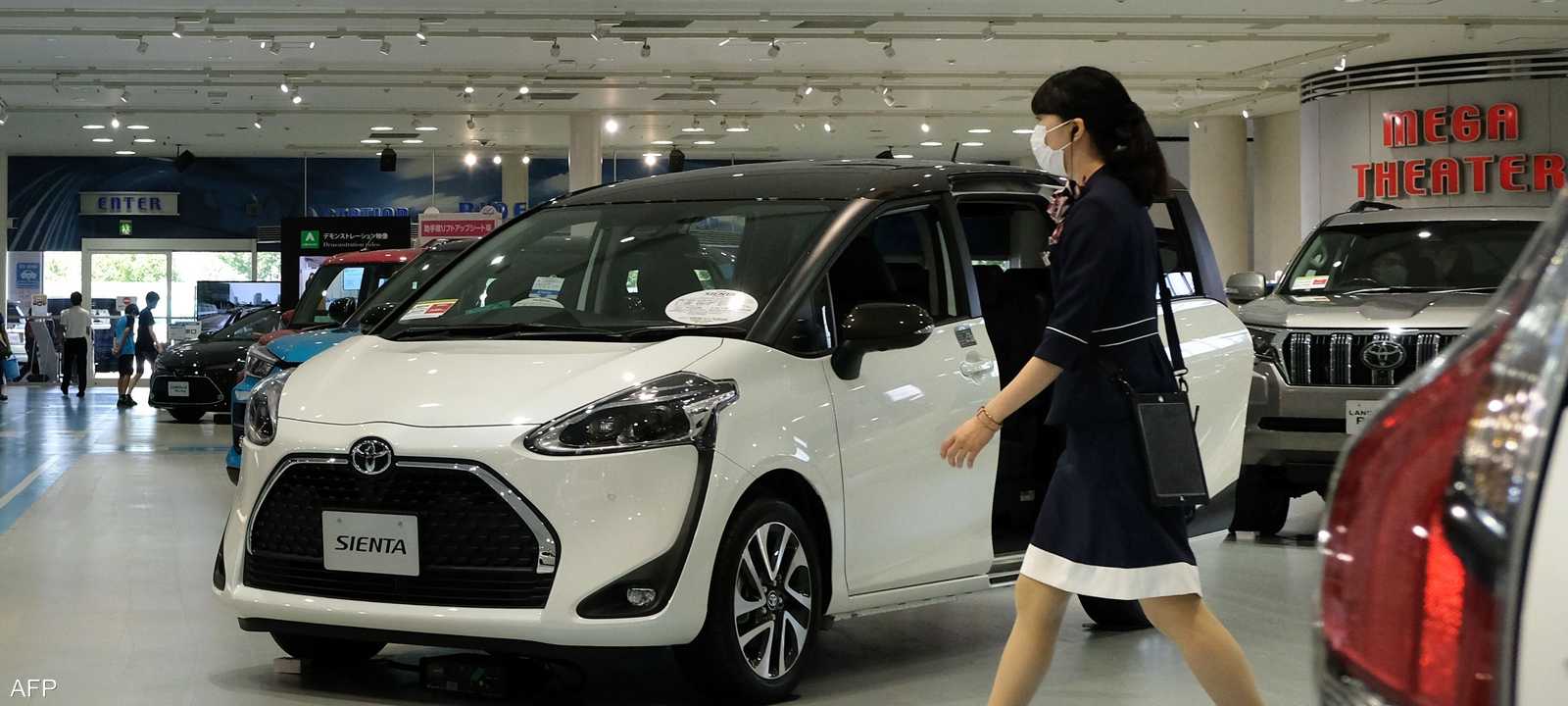
Toyota
Given the fierce competition among most large and medium-sized and even emerging car companies, the importance of electric vehicles is increasing day by day. 2022 will be a historic year for the industry, with annual production of electric vehicles surpassing 10 million for the first time, up from 6.7 million in 2021.
The market is expected to more than quadruple in size to reach about $1.4 trillion by 2027 as electric vehicles become a more attractive option for consumers, according to research firm Statista.
Changes in the automotive industry
This shift in the market requires automakers around the world to move from the stage of making traditional cars to the stage of making electric vehicles. Companies in China, the United States, and even Europe have done this, and Japan, which is considered to be an “empire”, has done the same. . In the automotive industry, the timid pace into the world of electric vehicles has been documented.
Japan, through its various companies, is the third largest country in the world for traditional car sales after China and the United States, while it ranks second in the electric vehicle industry, which is confirmed by the figures showing the country’s tenth position. In the list of the top 15 electric cars for 2022, according to Visual Capitalist, since it was able to achieve this ranking through the Renault-Nissan-Mitsubishi alliance, it means that Japan achieved the tenth position through an alliance with France , rather than a separate alliance.
Stability in China, the US and Europe
At this time, China, the United States and Europe can maintain the advanced position of the automobile industry and achieve a smooth transition to the world of electric vehicles, which makes people question what is hindering the establishment of the “empire” of the automobile industry. The world cannot keep up with the changes that occur as well as its competitors.
Why is Japan late?
Automotive writer Zuhair Karaki said in an interview with Arab Sky News that although electric vehicles are considered to be the future of the world’s transportation industry, we found that Japanese companies have been slow to adopt electric vehicles, so that some people questioned their ability to catch up in this industry. Competitiveness, pointing out that Japanese companies lag behind in the electric car race is caused by multiple factors.
Will Electric Cars Reduce Oil Demand?
Bet on hybrid cars
Karaki believes that the number one reason for Japan’s decline is the responsibility of the country’s companies, which have not made an effort to keep up with the shift to electric vehicles due to a strategic error in their calculations in this regard.
Japanese manufacturers argue that “hybrid” cars, those that run on two engines, one using fuel and the other electricity, are a more efficient strategy than electric vehicles because of the high cost of the batteries that power them . Cars, known as Lithium, additionally have the idea of recharging electric car batteries from time to time.
Concerned about the decline of the spare parts supplier network
The second reason Japanese automakers are reluctant to switch to EVs, according to Karaki, is concern over the disappearance of the country’s parts supplier network and the impact on labor and trade, as with EVs. He noted that Japan’s auto industry is about Accounting for one-fifth of the country’s manufacturing sector and employing about 8 percent of its workforce, a switch to electric vehicles would shrink the size of the country’s labor market and would limit Japan’s role in the parts trade.
Japan accounts for 5% of global value
Electric vehicles account for about 10 percent of global car sales, while Chinese, American, European and South Korean car companies control 90 percent of sales in this market, car dealer Mohammad Musa told the Sky News Arab Economy website. , while Japan’s share of EVs fell to less than 5%, a huge drop in the country’s role in the industry.
A third reason Japan has been slow in the electric vehicle industry, Moussa explained, is that many of the resources and minerals needed for the industry have ties to China, which limits China’s access to some technological know-how, slowing progress in the field. China, for example, controls 56% of global EV battery production, a share that will rise to 70% by 2027.
Japan’s procrastination is a lost opportunity
In a sign of concerns about Japanese companies, Musa said Japan recently signed an agreement with the United States to facilitate its access to “vital minerals” related to electric vehicle production, preparing it to become a bigger player in the field. will not be able to keep pace with the growth of electric vehicles, the demand for which is belatedly deprived of the opportunity to gain enough experience and understand the market while its competitors are able to do so.
The EV giants are in the midst of a fierce battle
# electric car
#Japan
